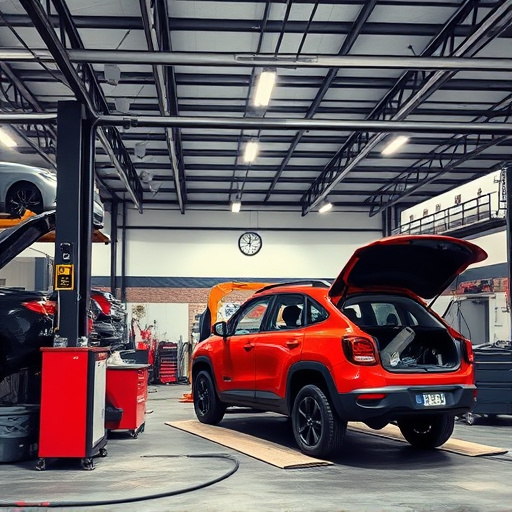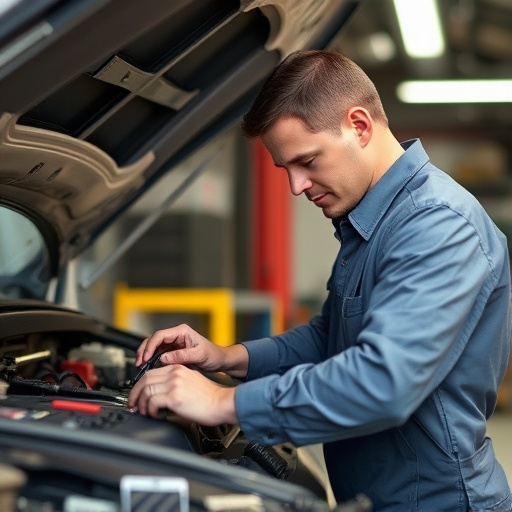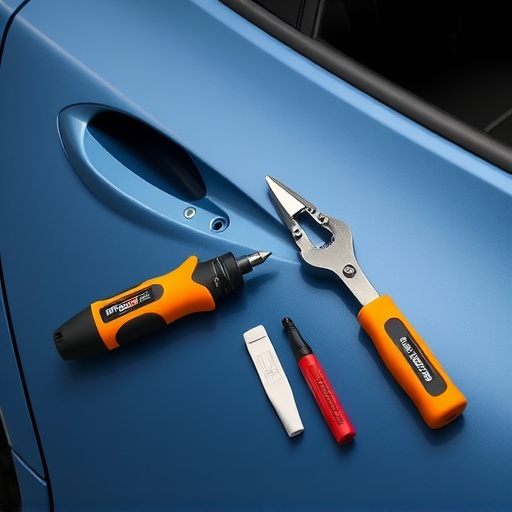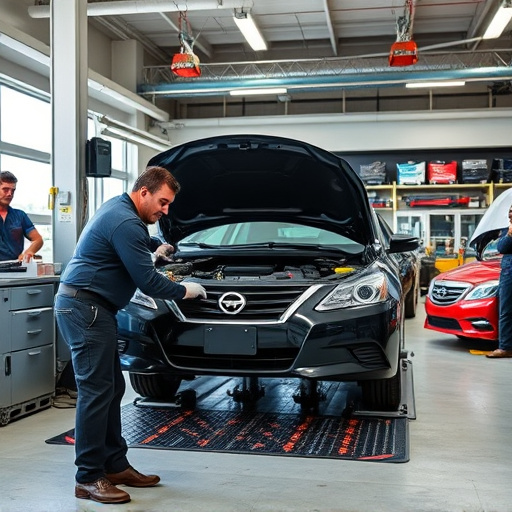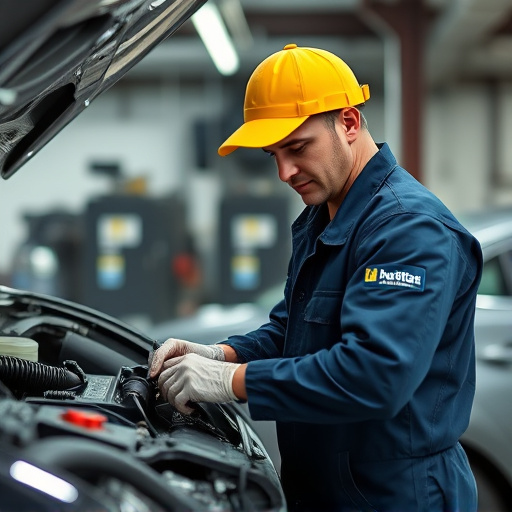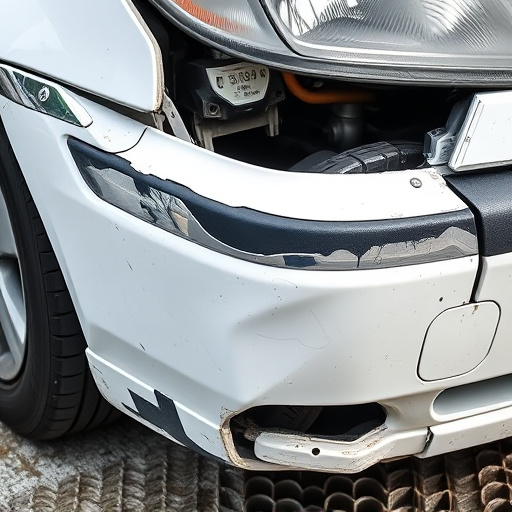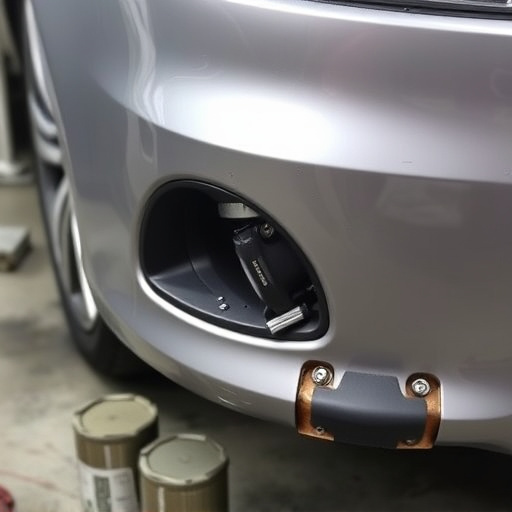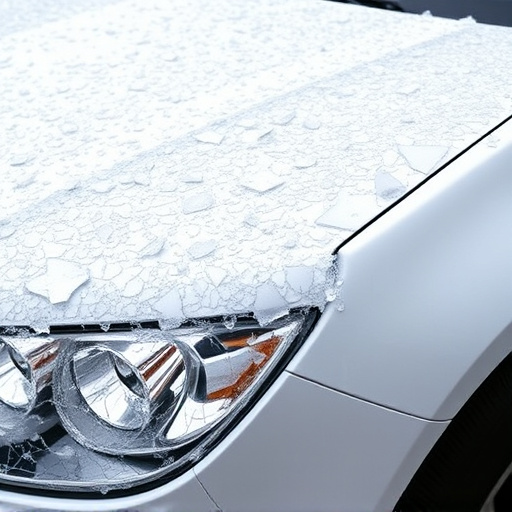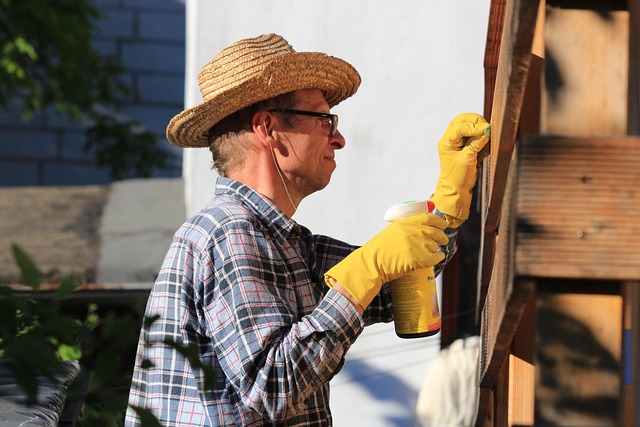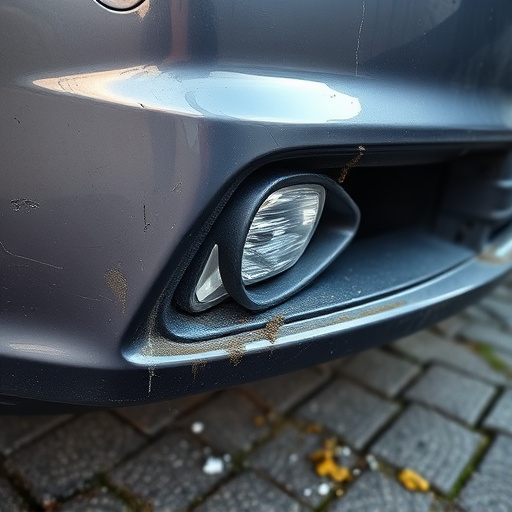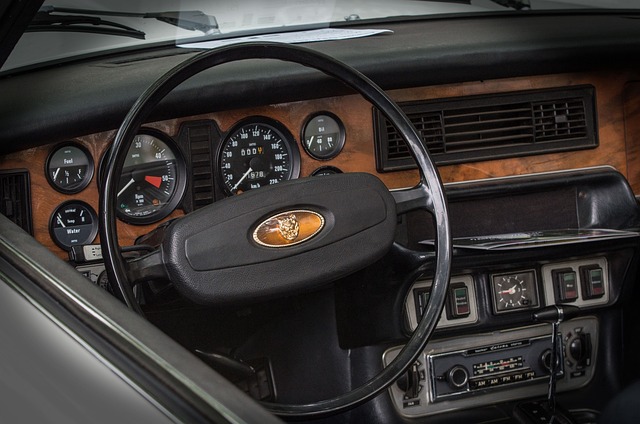When auto body insurance coverage expires, drivers face legal risks and out-of-pocket repair costs. For minor issues, DIY kits are affordable; severe damage requires professional centers and proper insurance to avoid financial strain and legal complications.
When auto body insurance coverage expires, it leaves drivers vulnerable. Understanding the implications is crucial for navigating potential legal issues and ensuring safe, compliant repairs. This article delves into the next steps after expiry, exploring legal responsibilities, repair options, and replacement strategies. Learn how to manage this situation effectively, emphasizing the importance of proactive measures to maintain protection for your vehicle’s integral components, especially in unexpected situations.
- Understanding Expired Auto Body Insurance Coverage
- Legal Implications and Responsibilities After Expiry
- Options for Repair and Replacing Coverage
Understanding Expired Auto Body Insurance Coverage
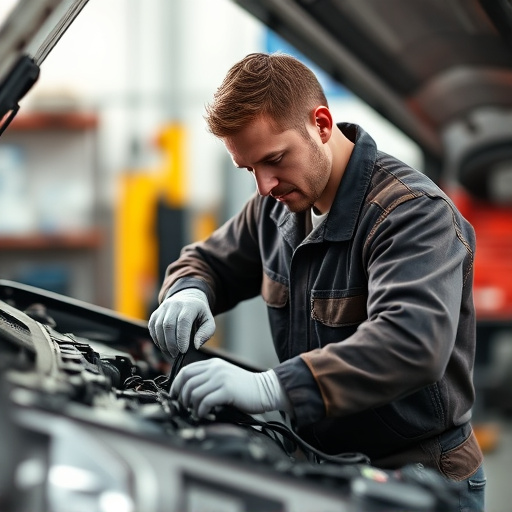
When your auto body insurance coverage expires, it’s crucial to understand what that means for your vehicle’s protection and potential repairs. Expired auto body insurance no longer provides financial assistance for damages or accidents. This means if your car is in a fender bender or suffers any other type of body damage, you’ll be responsible for the entire cost of repairs out of pocket.
The lack of coverage can leave you vulnerable to significant expenses, especially when it comes to complex or specialized automotive restoration and bodywork. While some minor dents or scratches might be manageable, more severe damages may require professional auto body repair services. Being prepared by maintaining current insurance and understanding your policy limitations is key to navigating unexpected incidents smoothly and without financial strain.
Legal Implications and Responsibilities After Expiry
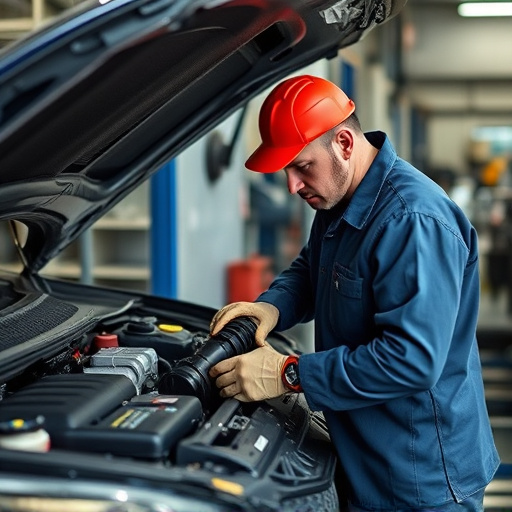
After auto body insurance coverage expires, individuals face significant legal implications and responsibilities if involved in accidents or damage to their vehicles. Without active insurance, drivers are considered uninsured, which can lead to severe consequences. In many jurisdictions, driving an uninsured vehicle is illegal and can result in fines and penalties. If a claim is made against an insured party for damages caused by an uninsured vehicle, the individual may be held liable for compensation, including medical expenses, property damage, and legal fees.
This situation also applies when seeking repairs from a collision center or car repair shop. Without valid insurance, obtaining auto body services can be challenging as many shops require proof of insurance to cover the costs involved in repairs. It is crucial for individuals with expired coverage to take prompt action, such as renewing their policies or exploring alternative options like high-risk insurance plans, to avoid potential legal issues and ensure they are protected during unforeseen events involving their vehicles.
Options for Repair and Replacing Coverage
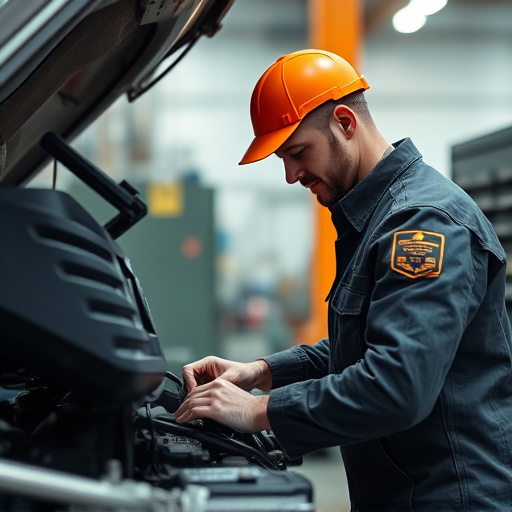
When auto body insurance coverage expires, individuals face a crucial decision regarding their vehicle’s damaged components. The first step is to assess the extent of the damage; for minor issues like dents or scratches, DIY methods such as dent removal kits can be cost-effective and efficient. However, for more significant repairs, including auto glass repair or extensive auto painting, seeking professional assistance becomes indispensable.
Reputable automotive service centers offer a range of options, from simple touch-ups to complete overhauls. For minor repairs, negotiating with the insurance provider for coverage under an extended warranty or discount programs could be beneficial. In cases of severe damage, evaluating quotes from different shops is essential to ensure fair pricing and quality workmanship. This process allows vehicle owners to navigate their auto body insurance gap effectively, ensuring their vehicles are safe and roadworthy once again.
After navigating through this guide, it’s clear that understanding and addressing expired auto body insurance coverage is crucial. By recognizing the legal implications, your options for repair or replacement, and taking proactive measures, you can ensure continuous protection for your vehicle. Remember, maintaining adequate auto body insurance coverage is essential for peace of mind and financial security in case of unexpected repairs.
